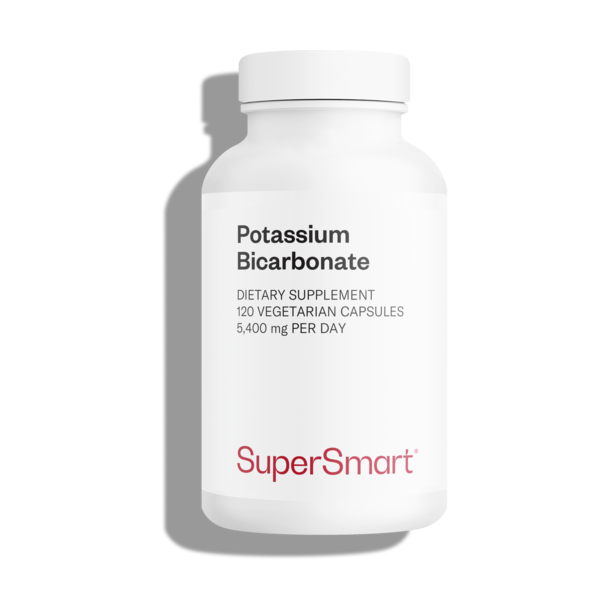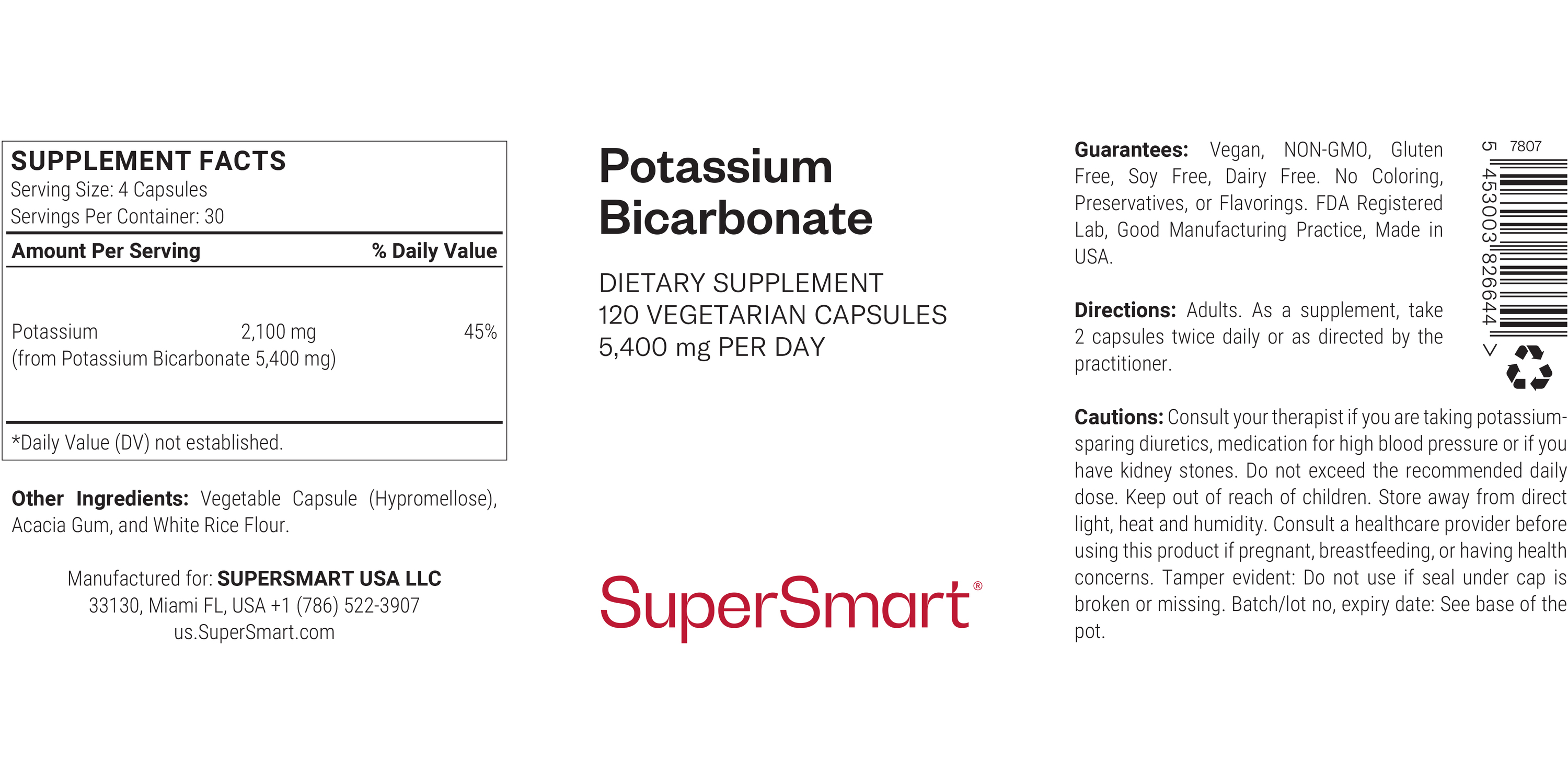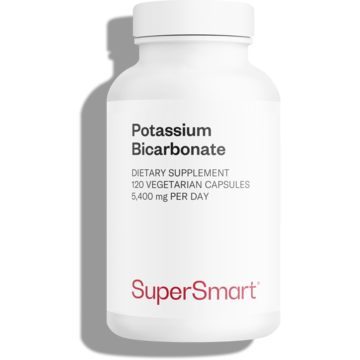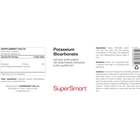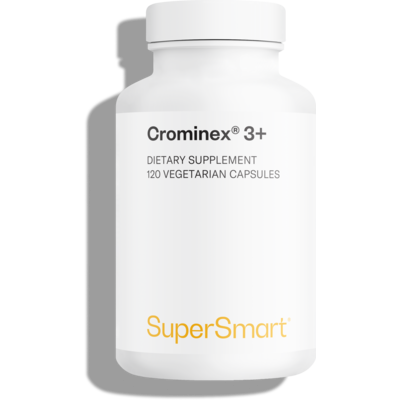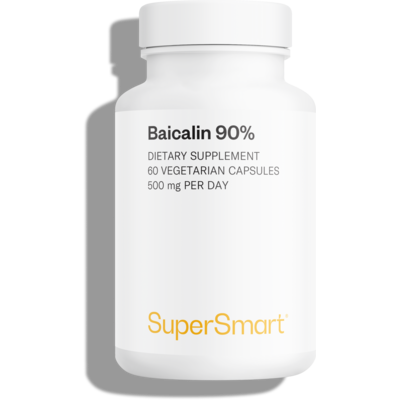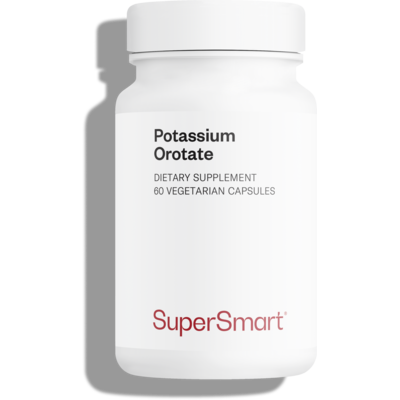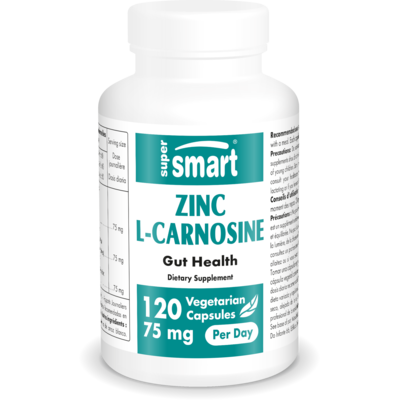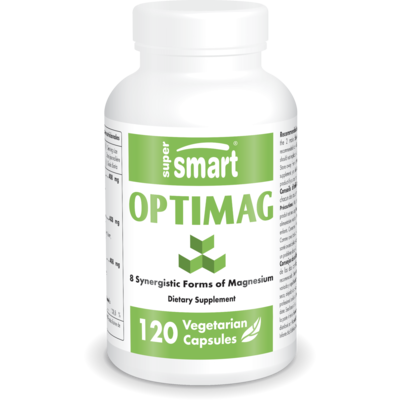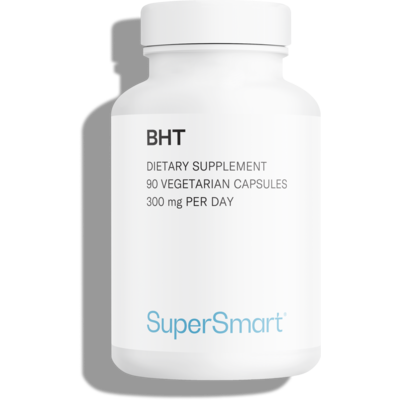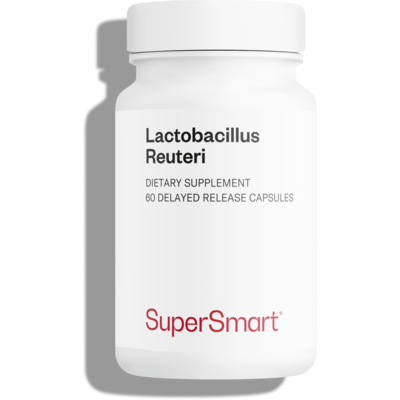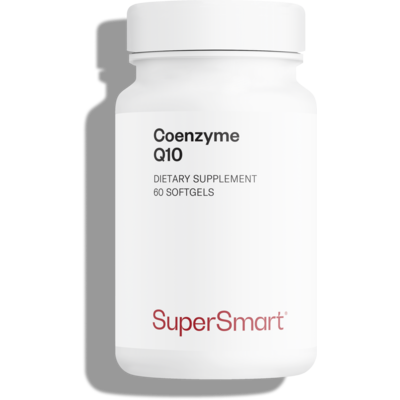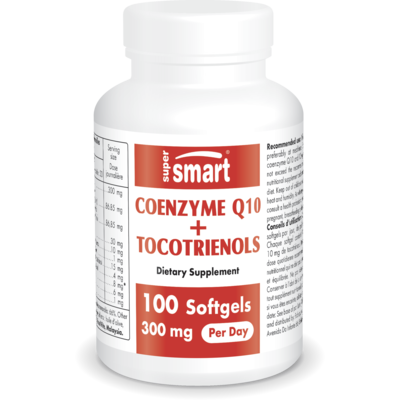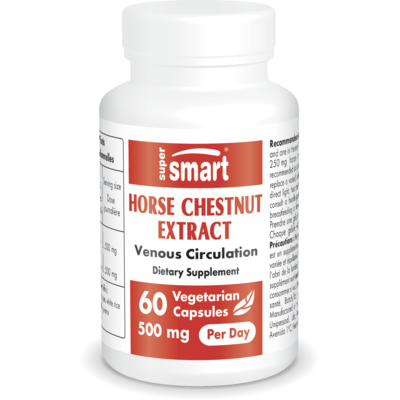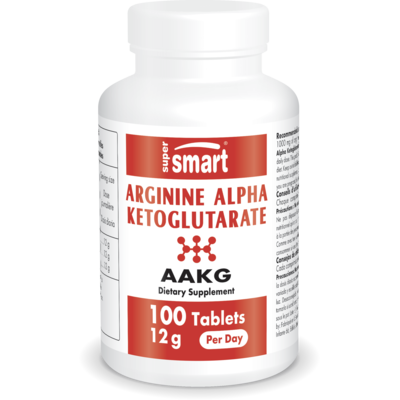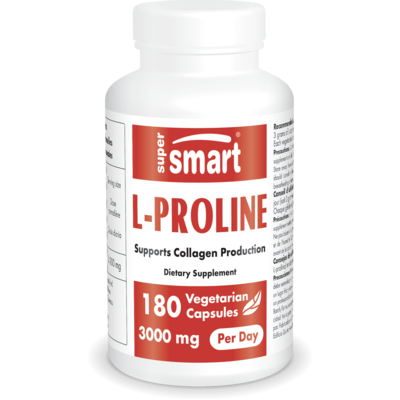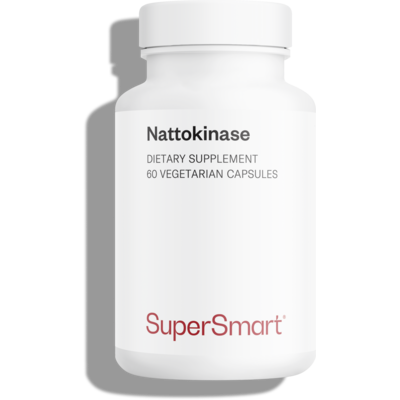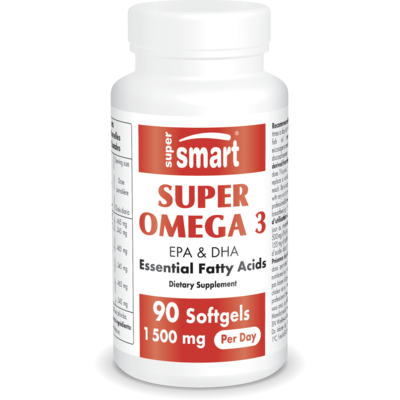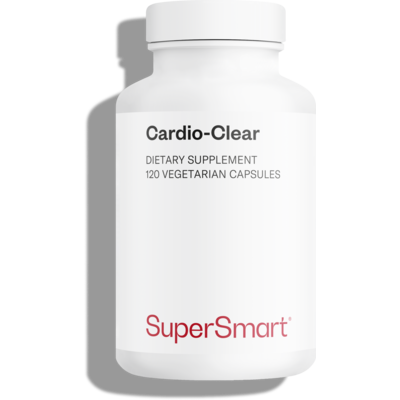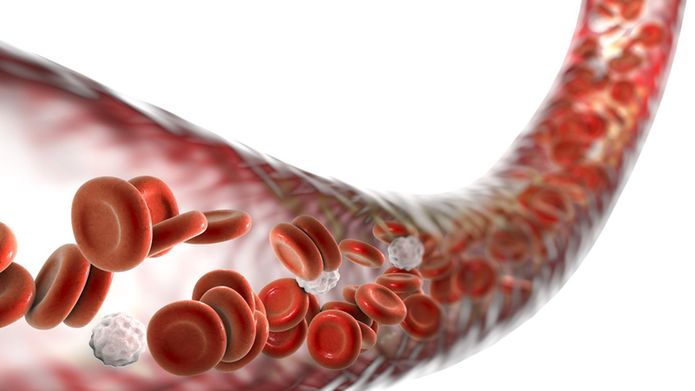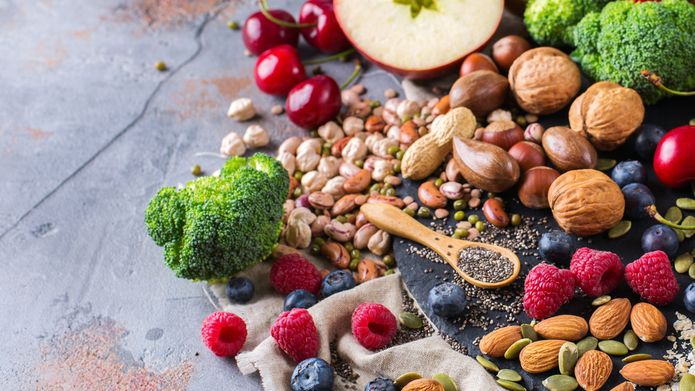In Stock
Potassium Bicarbonate
Potassium Bicarbonate Supplement for pH, Kidney & Bone Support *
Create Your Offer
Explore the potential benefits of our Potassium Bicarbonate 5400 mg supplement, designed to possibly naturally support electrolyte balance, kidney wellness, bone density, and overall well-being.* Our Potassium Bicarbonate supplement dissolves easily in water – or another beverage of your choice – delivering a convenient way to meet your daily needs.*
Potassium Bicarbonate Supplement with Potential High Potency*
Each capsule provides 1,350 mg of potassium bicarbonate. The suggested daily dosage is 2 vegetarian capsules twice daily, totaling 5400 mg, possibly making it among the highest-potency potassium supplements.* Common supplements seem to typically contain 99 mg potassium or potassium 1000 mg.*
What is Potassium Bicarbonate?
Potassium bicarbonate, also called potassium hydrogen carbonate (KHCO₃), is an element located in cells in the form of potassium ions (K+) that may be essential for multiple bodily processes.* It may support functions such as pH regulation, acid-base balance, bone metabolism, uric acid management, among others.*
Since potassium is not naturally present in the body, it should be obtained from food or supplementation. The natural ways to get potassium may include fruits and vegetables, such as spinach, squash, and bananas.*
Potassium bicarbonate seems to differ from other potassium forms such as potassium aspartate, potassium chloride, potassium carbonate, potassium gluconate, Potassium Orotate, or Potassium Iodide.* Each form appears to have unique characteristics, yet elemental potassium might remain crucial for overall health.*
Potential Benefits of Potassium Bicarbonate*
It seems that there may be many potassium benefits:*
- Some research appears to suggest that higher potassium intake may be linked to already healthy cerebral function in older women.*
- A daily serving of 2,000 mg, ideally spread between the two main meals of the day, may help maintain already healthy bone mineral density, muscle function, kidney function, and overall well-being.*
- Some studies seem to indicate that potassium bicarbonate may support balanced bone metabolism, potentially enhancing bone formation and preservation, as well as calcium retention.*
- The international Intersalt study involving 10,000 participants in 52 populations across 32 countries suggested that potassium might support healthy circulation and balanced blood pressure.*
How Does Potassium Bicarbonate Work?*
Potassium bicarbonate is believed to operate by counteracting excess acidity in the body, similar to sodium bicarbonate, but without additional sodium – potentially ideal for low-sodium diets.* Once ingested, it may separate into potassium and bicarbonate ions, possibly supporting the body’s pH balance and natural acid-base regulation.*
Possible Potassium Bicarbonate Uses*
Bicarbonate ions released from potassium bicarbonate may naturally assist the body's pH balance, potentially supporting bone wellness by maintaining healthy calcium levels, which could, in turn, support bone mineral density and reduce bone resorption.*
Potassium bicarbonate may also positively support muscle function with age and contribute to kidney wellness through its role in electrolyte balance – by potentially assisting in the management of uric acid crystallization.*
Available in forms such as tablets, capsules, and powders, Potassium Bicarbonate seems to be a versatile supplement that may offer improved potassium intake and convenient support for electrolyte management.*
Potassium Bicarbonate Supplement Recommendations*
Potassium bicarbonate supplementation is said to be generally recognized as safe for consumption.* The FDA seems to acknowledge the structure of potassium bicarbonate as safe and does not appear to have linked it to any known hazards.* However, it is essential to ensure that the supplement you choose is of high quality for optimal effectiveness and bioavailability, as results may vary based on manufacturing standards.*
Recommended Dosage of Potassium Bicarbonate Capsules*
Each capsule of Potassium Bicarbonate 120 Vegetarian Capsules contains 1,350 mg of potassium bicarbonate. Adults are recommended to take 2 vegetarian capsules twice a day, or as directed by a healthcare professional.
To ensure safety, it is advised to adhere to recommended dosages and consult a healthcare professional if you have any doubts.*
Potential Considerations for Potassium Bicarbonate*
Prior to starting any supplementation, personal research and awareness are important. If you are taking traditional remedies or have existing health conditions, you should consult your healthcare provider to confirm potassium bicarbonate suitability.*
As with any nutritional supplement, you should consult a healthcare practitioner if you are pregnant, nursing, or managing a health challenge.*
Where to Buy Potassium Bicarbonate?*
Dietary potassium bicarbonate may be challenging to obtain from food alone.* That is why convenient supplement forms such as capsules, tablets, powders, or liquids are readily available.*
SuperSmart offers high-quality, potent potassium bicarbonate capsules.* You can enhance your daily wellness regimen and electrolyte balance with our Potassium Bicarbonate Supplement today!*
WARNINGS
Do not exceed the recommended daily dose. This product is a nutritional supplement and should not be used as a substitute for a varied and balanced diet or a healthy lifestyle.
STORAGE
Store in a cool, dry place away from direct sunlight, heat, and humidity. Keep out of reach of children.
PREGNANCY AND MEDICAL CONDITIONS
If you are pregnant, breastfeeding, or have any medical conditions, consult your healthcare provider before using this product.
SUPPLEMENT INTERACTIONS
Consult your healthcare provider before use, especially if you are taking any medications or other supplements as there may be potential interactions.
may 6 2025
The product is a good value and it did help get my potassium back to the normal range blood test verified.
april 12 2024
My Dr is happy with this product
april 9 2024
exploded when i opened the seal
march 5 2024
Cant say much, have not really noticed anything one way or another. On my 3rd bottle
february 22 2024
Good product but pricey
Need Help?
Phone
+1 (786) 522-3907
From 9 am to 6 pm (EST)
You May Also Like

